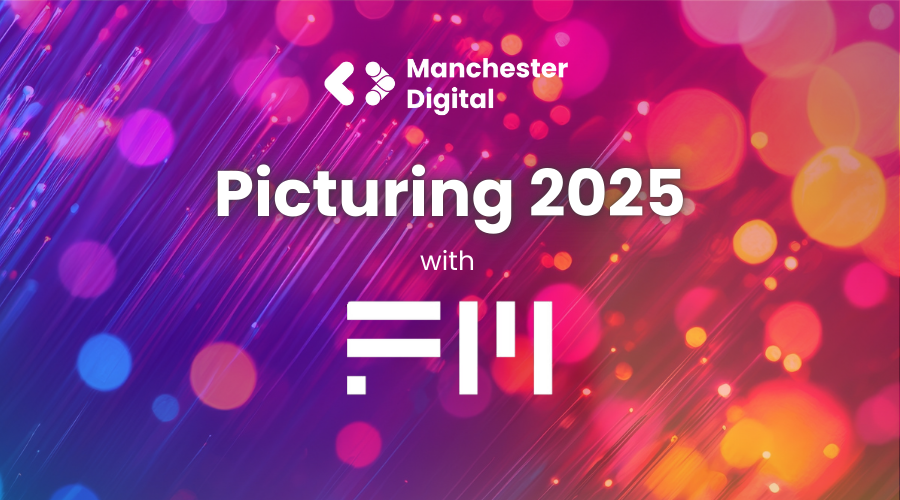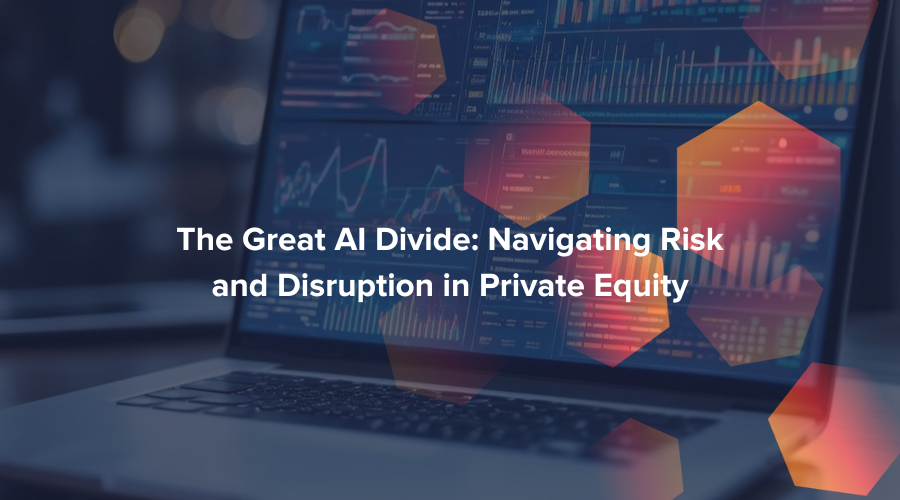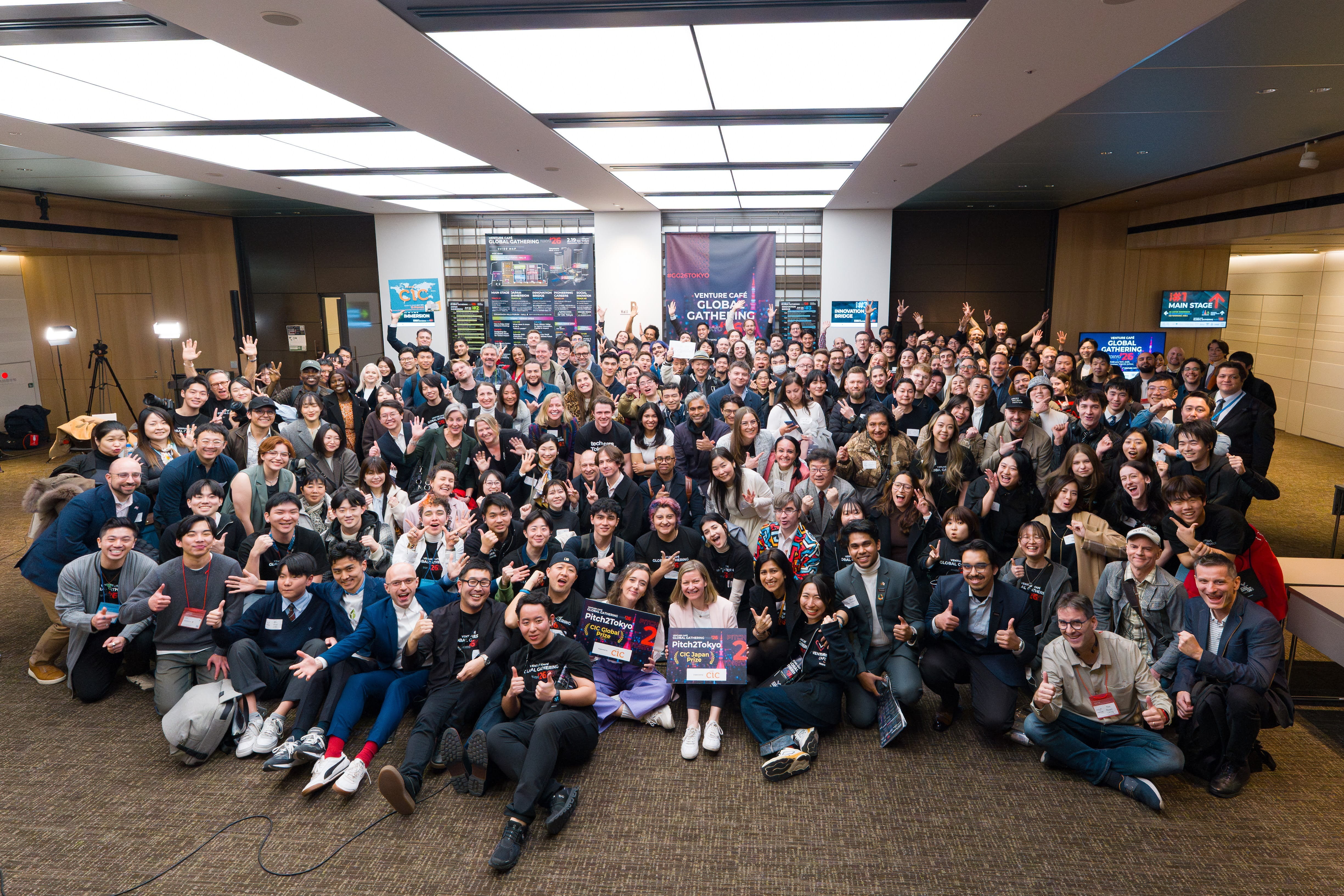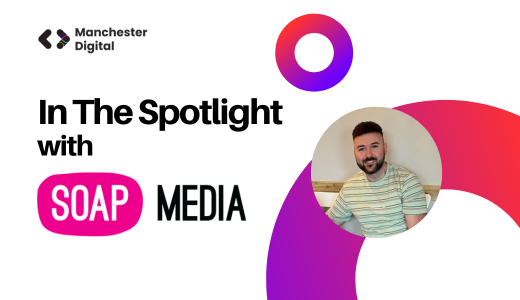
As we approach 2025, Manchester Digital is excited to share Picturing 2025 - a series of essays from our members offering insights into the tech trends and challenges ahead. Below, Full Metal Software share what they expect the impact on software development will be from AI.
A little under 2 years ago, Artificial Intelligence hit the mainstream media headlines in a big way when ChatGPT was opened up to everyone. First came the excitement of trying something out, then, over a relative short period of time, the headlines turned to be more sensationalist in tone. Apparently, all white-collar jobs were now at risk and we were all to be made redundant by this new technology. Two years on and I am still working, our developers are still busy, so what has changed?
AI has not Lived Up to the Hype
There are a couple of things that quickly became apparent. Firstly, despite the hype, AI is not new. Neural networks, still a core component of AI, were conceptualised in the 1940’s. The biggest change that has happened is actually in the hardware. Processing power and data storage capacity have both increased dramatically whilst the cost of both has continued to fall.
The second thing is that Artificial Intelligence has become one of the most misused terms in technology. In fact, it has been so badly misused that they are now trying to agree on a new term for what AI should be called if / when we invent it in the future. Sentient Intelligence seems to be the front runner at the moment. AI can be broken into two categories, AGI (Artificial General Intelligence) and ANI (Artificial Narrow Intelligence). AGI is what you probably think of when someone says AI but it doesn’t exist yet in reality. All Artificial Intelligence that is available at the moment is of the narrow kind. It is software, designed to do a very limited number of tasks in a limited manner. Computer power has changed the limits to a point that it seems like a huge leap forward has been made but they are still very much limited to what they can do.
However, AI as it is today, has had a positive impact on software development
What has AI done for Software Development?
A lot of very clever people are putting a lot of time into the holy grail of software development. They want to remove (more likely the goal is to reduce than remove) the requirement for a software developer.
The big terms being hyped before AI in software development were “No Code” or “Lo Code” development. These are software development platforms that require no, or very basic, coding skill. Microsoft Power Apps are a good example. Surely, this was the end of software developers (unless of course you were developing the No Code platforms). Actually, the impact was positive. The on ramp for bespoke software development became easier, the number of apps being developed and deployed grew and continues to grow massively and the number of businesses who have seen the real-world benefits of bespoke software and needed help taking it a step further continues to grow.
AI has also had a positive impact for software development. Amongst other things, AI (such as GitHub Copilot) increases developer productivity, deals with the mundane aspects of coding (who likes writing unit tests?), helps with bug fixing and can also make sure the code is done to the current best practice. All of this and the interface is conversational. The developer can make requests and ask questions using natural language.
All of these things mean that software can be developed faster and cheaper than before. To some extent, it also frees up developers to concentrate on the more complex aspects of a development project.
What are the Opportunities that AI adds to Software Development?
AI is not just a tool to help with the software development process, it is also more and more frequently becoming part of the bespoke software itself. There are AI models for making better recommendations to users, better chatbots for customer services, doing repetitive big data tasks more efficiently and with less user input and much more. We are really just scratching the surface of what AI can be used for.
I see similarities to the gold rush era of the late 90’s when the Internet increased in popularity. It took a couple of decades before we started to see real life enriching platforms (and a lot that are the opposite). AI is in a similar phase, albeit the on ramp is much quicker as we are all more tech savvy.
At Full Metal, we are excited by what can be done right now to improve our customers software solutions and keeping on top of what is coming next. AI might not match up to the hype but it is still powerful and with careful implementation can be transformative for a business.
By Ben Thomson, Operations Director at Full Metal Software.







